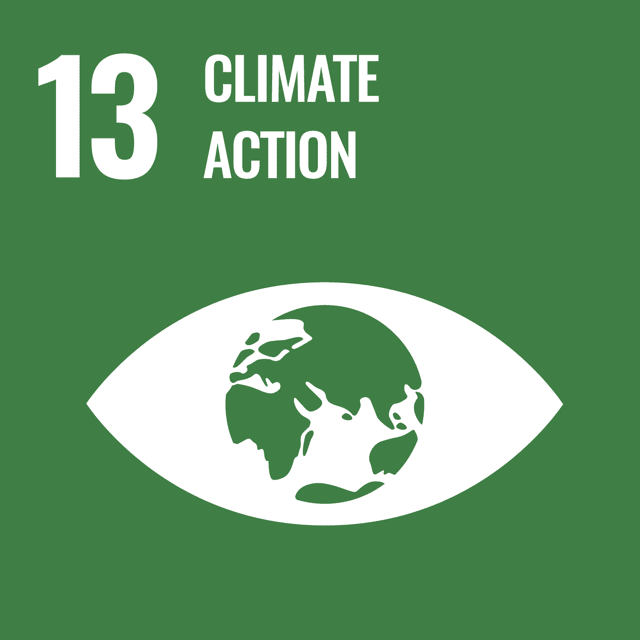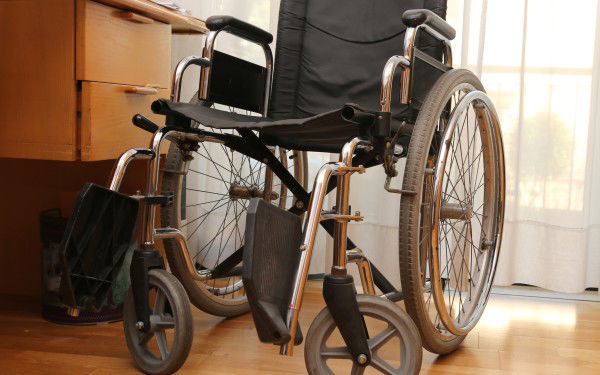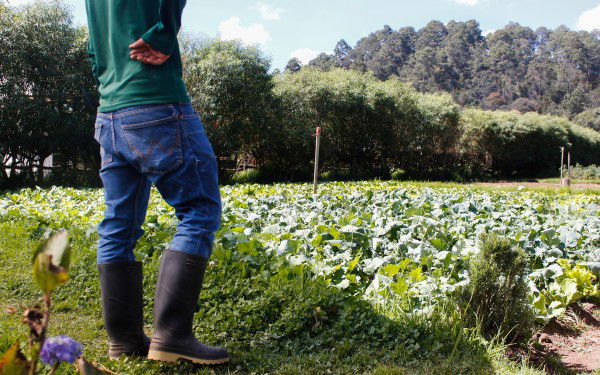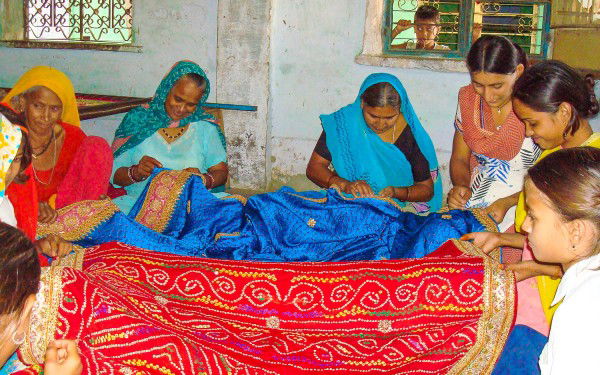


Continuous Learning for Impact — Mobilising Action Through Exchange (CLI-MATE)
Partners
Raleigh International Tanzania Raleigh International Nepal Raleigh International Nicaragua
Year
2019-2020
Type of exchange
South-South
United Nations Sustainable Development Goals
Exchange participants from Raleigh Tanzania Society (RiT), Raleigh Nicaragua Society (RNS) and Raleigh Nepal Society (RNS) spend three months in Tanzania and three months in Nepal, where they learn how to design and implement campaigns.
They work on carrying out detailed needs assessments at the local, regional, and national level, and building relevant skills so they can deliver youth-led campaigns when they return from exchange. Upon their return, their designs will be incorporated into wider campaign strategies designed by each national society.
The individual participants will increase their knowledge, skills and capacity to engage in design and implementation of behavioural interventions, which is very much needed in awareness work. Additionally the exchange participants will strengthen their skills in leading and mobilising their peers, and in collaborating across different organisations.
On an organisational level, the three different societies have individual goals: Raleigh Tanzania Society will work on improving their systems for information and communication on technology; Raleigh Nicaragua Society will work on improving systems of governance; and Raleigh Nepal Society will work on improving their systems and processes for external communications.








